2017 Oscar nominations: La La Land-based experts weigh in
USC experts in music, film, media and marketing are available to discuss the issues surrounding the film industry’s annual celebration of itself.
Contact: Ian Chaffee at (213) 810-8554 or ichaffee@usc.edu
________________________________________________________
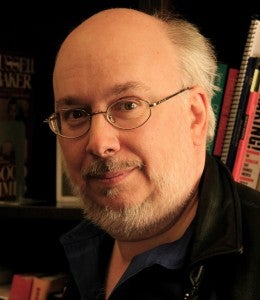 Deadpool: Antiheroes get more respect than superheroes
Deadpool: Antiheroes get more respect than superheroes
“The expansion of the Best Picture category from a fixed five nominees to as many as ten nominees a year was designed to allow more popular genres a fighting chance for inclusion, specifically after disappointment that The Dark Knight, a superhero film, failed to get a nomination. But so far, this has mostly provided more room for independent melodramas and social problem stories to make the cut.
“For a genre film to get nominated at this point, it often has to work against the more popular elements within the genre — it has to be an anti-western, an anti-war film, or in this case, an anti-superhero saga. Deadpool is getting a chance at recognition because of its strong meta-text and because of the anti-heroic nature of its protagonist, which might allow the Academy’s voters to set it apart from other works in the same tradition.
“One wonders how the Academy would be reacting if they were given a shot at the more socially conscious superhero television series, such as Netflix’s Jessica Jones and Luke Cage.”
Henry Jenkins is the Provost’s Professor of Communication, Journalism, Cinematic Arts, and Education at USC. He is also chief advisor to the Annenberg Innovation Lab at USC, where he helps inform research initiatives in transmedia branding, learning, and storytelling.
Contact: (213) 740-9727 or hjenkins@usc.edu
________________________________________________________
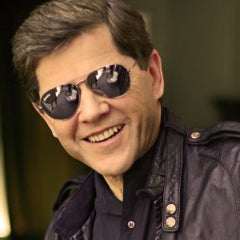 La La Land: Rooted in nostalgia as much as music
La La Land: Rooted in nostalgia as much as music
“The success of La La Land brings up fascinating questions as to public taste in movies and musicals. Does the public yearn for movies with less violence and sex? Does the public yearn for simpler, more everyday singing in musicals rather than the belting and processed sound of today? Is the looking backward to the older, sweeter musicals in general and to The Umbrellas of Cherbourg and Les Demoiselles de Rochefort from the ’60s, in particular, a one-time exception or a template for the future?”
Parmer Fuller is an assistant professor of musical theatre at the USC Thornton School of Music. He is also a member of the Academy of Television Arts and Sciences and has received the Henri Mancini Prize for dramatic composition and three Frank Sinatra Prizes for jazz arranging and jazz performance.
Contact: (310) 210-0527 or pfuller@usc.edu
________________________________________________________
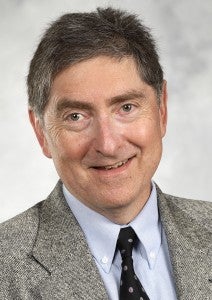 Oscar cachet = box office cash
Oscar cachet = box office cash
“When used in marketing campaigns, this validation stamp increases the desire of moviegoers to see the films and the talent being honored. It also keeps the movies in theaters longer — boosting box office receipts. And it substantially increases downstream revenues from DVD sales, streaming, downloads, and cable TV revenues.
“The talent sees you, the studio, are investing in him, and they’re doing the same. The rule of thumb, for talent, is that they pay their publicity people double during awards season.”
Ira Kalb is an assistant professor of clinical marketing at the USC Marshall School of Business. He is an expert in branding, marketing strategy, high-tech marketing and social media.
Contact: (213) 821-1886 or ikalb@marshall.usc.edu
________________________________________________________
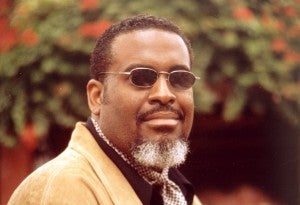 #IndustrySoWhite bigger problem than #OscarsSoWhite
#IndustrySoWhite bigger problem than #OscarsSoWhite
“There can’t be many nominees [of color] until people are given the opportunity in prominent, meaningful roles. The Oscars are the end of the line. When those opportunities come at the front end, then the nominations will probably flow accordingly. And if they don’t, then you’ll really have a pushback.
“It has to be a top-down as well as bottom-up change. At some point you’re going to have to come in and make changes. You have to change the consciousness.”
Todd Boyd, professor of critical studies at the USC School of Cinematic Arts, is an expert in African-American filmmakers, in Hollywood’s depictions of African-Americans and African-American culture, as well as the entertainment world’s portrayals of race, class, gender and hip-hop.
Contact: (213) 740-3334 or tboyd@cinema.usc.edu
________________________________________________________
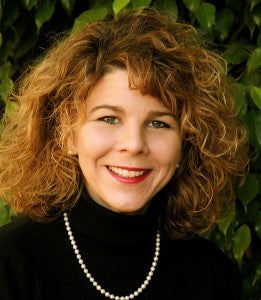 Entrenched inequality and “hidden figures”
Entrenched inequality and “hidden figures”
“We’re seeing entrenched inequality. Whether we’re studying gender, race, ethnicity, LGBT or characters with disabilities, we’re really seeing exclusionary forces leaving out anybody that’s not a straight, white, able-bodied man.
“Creating more equitable content requires taking steps to counter implicit and explicit biases. Let’s ensure that no more stories, role models, or time are lost simply because the film industry does not keep pace with the population.”
Stacy Smith, director of the USC Annenberg School’s Media, Diversity & Social Change Initiative, is an expert in the portrayal of women and minorities in Hollywood film. She and her colleagues provide annual reports on diversity, both in media as well as in the entertainment labor force.
Contact: (213) 821-1546 or stacysmi@usc.edu
###



